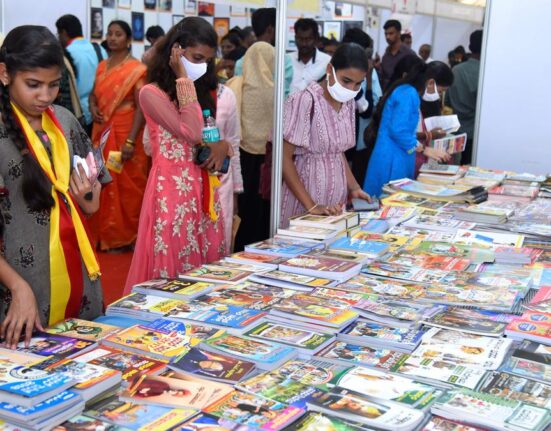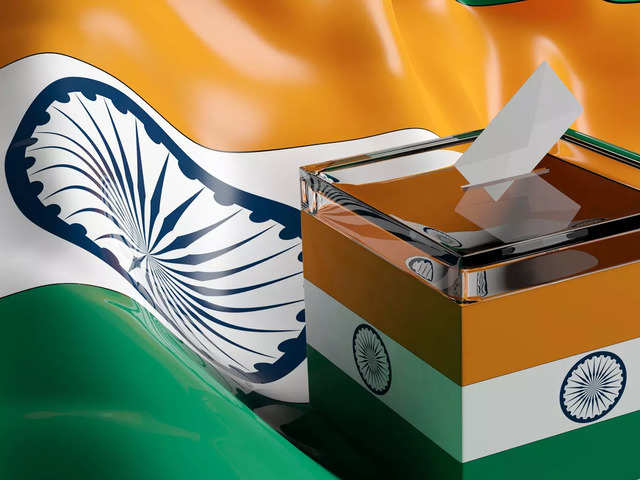Elections are the cornerstone of democracy, offering citizens the invaluable opportunity to participate in shaping the future of their nation. These events serve as a mechanism for expressing the collective will of the people, allowing them to choose their representatives and leaders. With each election, nations embark on a journey toward progress, change, and the realization of their aspirations.
### Defining Elections:
Elections can be defined as the formal process where citizens cast their votes to select public officials or decide on specific policy matters. They provide a platform for citizens to exercise their fundamental right to choose their government and hold it accountable. The integrity and fairness of elections are vital to the legitimacy of the elected government and the stability of the nation.
### The Importance of Elections:
1. *Representation and Voice:* Elections are a means for citizens to have their voices heard and to be represented in the decision-making process. Through the electoral process, citizens can choose the candidates who they believe best represent their interests, values, and aspirations.
2. *Accountability:* Elections are a mechanism for holding elected officials accountable for their actions. When citizens are dissatisfied with the performance of their representatives, they can vote them out of office during the next election cycle.
3. *Peaceful Transfer of Power:* In democratic societies, elections ensure a peaceful and orderly transfer of power. Regardless of the outcome, the transition from one government to another is typically smooth, reducing the likelihood of political instability or conflict.
4. *Legitimacy:* Free and fair elections confer legitimacy upon the government. When leaders are elected through a transparent and fair process, they gain the authority to govern and make decisions on behalf of the people.
5. *Social Cohesion:* Elections serve as a unifying force, bringing together people from diverse backgrounds, cultures, and beliefs. They provide a platform for citizens to come together and participate in the democratic process, fostering a sense of unity and national identity.
### The Electoral Process:
1. *Voter Registration:* The electoral process begins with voter registration, where eligible citizens are registered to vote. This ensures that only qualified individuals participate in the election.
2. *Campaigning:* Political parties and candidates engage in campaigning to articulate their platforms, policies, and visions to the electorate. This stage is crucial as it informs voters and allows them to make informed decisions.
3. *Election Day:* On election day, registered voters cast their ballots at designated polling stations. The integrity of the voting process, including the secrecy of the ballot and the accuracy of the count, is essential to the legitimacy of the outcome.
4. *Vote Counting and Results:* After the polls close, the votes are counted, and the results are announced. It is vital for this process to be transparent, fair, and free from manipulation or fraud.
5. *Transition of Power:* Following the election, there is a transition of power to the newly elected officials. This period is critical for maintaining stability and continuity in governance.
### Challenges Facing Elections:
1. *Voter Apathy:* In some democracies, voter turnout remains a significant challenge. Factors such as voter disenfranchisement, apathy, or lack of trust in the electoral process can contribute to low voter participation.
2. *Electoral Fraud:* Maintaining the integrity of the electoral process is a constant challenge. Electoral fraud, including voter suppression, ballot tampering, and vote-buying, undermines the fairness and legitimacy of elections.
3. *Money in Politics:* The influence of money in politics can distort the electoral process, giving wealthy individuals and special interest groups disproportionate power and access to elected officials.
4. *Technological Challenges:* As technology advances, so do the challenges related to election security. Ensuring the security and integrity of electronic voting systems is essential to maintaining public trust in the electoral process.
5. *Disinformation and Misinformation:* The spread of disinformation and misinformation through social media and other channels can undermine the integrity of elections, eroding public trust and confidence in the electoral process.
### Conclusion:
Elections are the lifeblood of democracy, providing citizens with the opportunity to shape the future of their nation. They offer a platform for expressing the collective will of the people, holding leaders accountable, and ensuring the peaceful transfer of power. Despite the challenges they face, free and fair elections remain the most effective way for societies to govern themselves and progress toward a better future. As we navigate the complexities of the modern world, safeguarding the integrity of the electoral process is more critical than ever to preserve the principles of democracy and ensure a brighter tomorrow.












